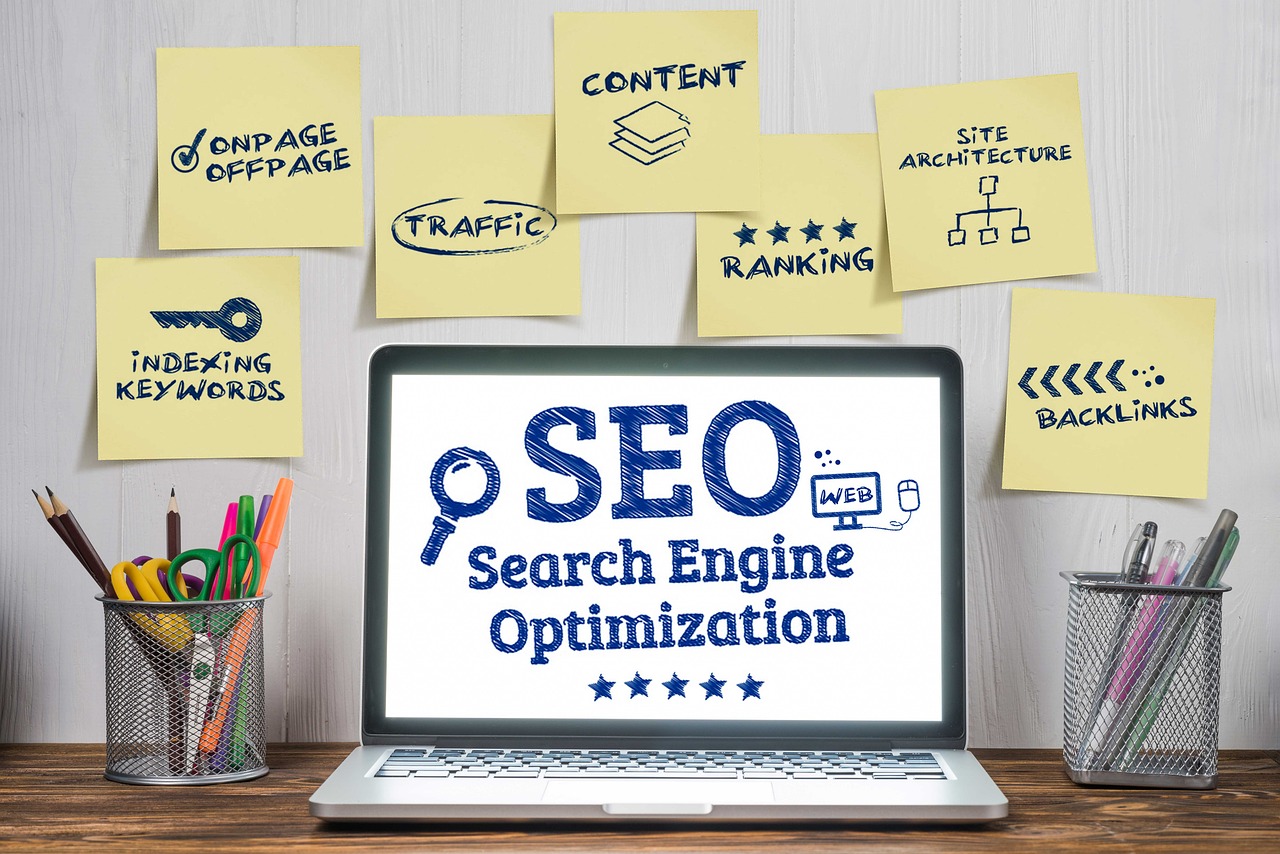An SEO agency helps businesses improve their visibility on search engines by optimizing websites, content, and online presence. Their main goal is to increase organic traffic through targeted strategies like keyword research, link building, and technical SEO.
Companies often rely on SEO agencies to navigate the complex and ever-changing search algorithms. These experts analyze data and implement methods that drive measurable results, saving time and resources for their clients.
Choosing the right SEO agency can significantly impact a brand’s growth and online success. Understanding what services they offer and how they work is essential for making an informed decision.
What Is an SEO Agency?
An SEO agency specializes in improving a website’s visibility on search engines like Google. They achieve this by applying technical, content, and marketing strategies tailored to increase organic traffic and ranking.
Their services can vary widely depending on their focus and whether they operate independently or within a company.
Core Services Offered
SEO agencies commonly provide a mix of technical SEO, on-page optimization, and off-page SEO. Technical SEO includes site audits, fixing crawl errors, and improving site speed.
On-page SEO covers keyword research, creating optimized content, and improving meta tags. Off-page SEO focuses on link building and managing online reputation.
Many agencies also offer analytics tracking, competitor analysis, and SEO strategy development. This helps clients measure progress and adjust tactics based on data.
Types of SEO Agencies
SEO agencies differ by specialization and client needs. Some focus on local SEO to improve searches within a geographic area.
Others target e-commerce SEO, optimizing product listings and driving sales. Full-service agencies combine SEO with content marketing, social media, and paid advertising.
Boutique agencies may serve niche industries, offering tailored strategies that align with specific market demands.
In-House vs. Partnering With an Agency
Companies can choose to hire in-house SEO specialists or partner with external agencies. In-house teams offer direct control and deeper internal knowledge but require ongoing investment in salaries and training.
Agencies bring broader experience from working with multiple clients and can scale services quickly. They also provide access to specialized tools and expertise not always available internally.
Deciding depends on budget, internal resources, and the complexity of SEO needs.
Choosing the Right SEO Agency
Selecting an SEO agency requires careful attention to specific criteria, effective questioning, and detailed review of past work. These steps help identify a partner capable of meeting business goals with clear strategies and measurable success.
Factors to Consider
The agency’s experience in the industry and specific sectors matters significantly. Look for demonstrated knowledge in SEO techniques such as on-page optimization, technical SEO, and link building.
Transparency in methods is crucial. Agencies should avoid vague promises and instead provide clear explanations of how they plan to improve search rankings.
Budget alignment is equally important. The agency’s pricing should reflect the scope of services offered without hidden fees. Service level agreements and timelines must be clear from the outset.
Local SEO expertise may also be relevant. Businesses targeting local markets benefit from agencies with strong regional or niche SEO skills.
Questions to Ask Potential Agencies
Ask which SEO strategies they use and how these adapt to algorithm changes. Specificity here indicates expertise rather than generic responses.
Inquire about tools for analytics and reporting. Agencies must provide regular, detailed performance reports to track progress objectively.
Request information on expected ROI and timelines. How long before noticeable improvements occur, and what metrics define success?
Explore communication methods and frequency. Reliable agencies maintain open lines with clients for updates and strategy adjustments.
Evaluating Case Studies and Client Results
Review case studies focusing on similar industries and business sizes. Details should include challenges faced, strategies implemented, and measurable results.
Look for proof of ranking improvements, traffic growth, and conversion increases. Quantifiable data validates the agency’s effectiveness.
Client testimonials and third-party reviews offer additional insight. Consistency in positive feedback supports the agency’s credibility.
Check if results mentioned withstand recent algorithm updates. Agencies that adjust strategies according to changes show agility and long-term viability.




Leave a Reply